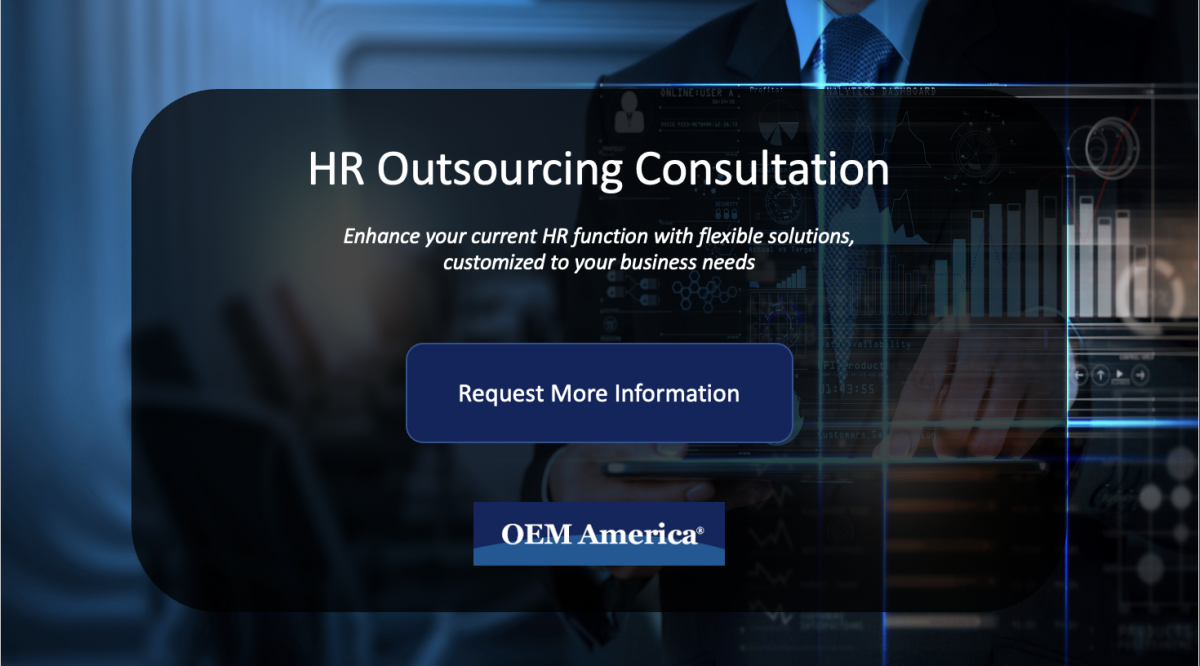A Beginner’s Guide to HR Compliance
As a new business owner, navigating the world of HR compliance can be a daunting task. Ensuring that your business is in compliance with the laws and regulations that govern HR practices is critical to avoiding costly penalties, lawsuits, and damage to your company’s reputation. Here is a beginner’s guide to HR compliance to help you get started.
Understanding HR Compliance
Human resources (HR) compliance is a crucial aspect of managing any business that employs workers. It refers to the set of laws, regulations, and policies that govern how employers treat their employees, with the goal of ensuring that workers are treated fairly and equitably. Some of the key areas covered by HR compliance include:
- Minimum wage: The minimum wage is the lowest amount that an employer can pay an employee per hour. Federal and state laws establish minimum wage requirements, and employers are required to pay their employees at least the minimum wage for their location and industry.
- Discrimination: Federal and state laws prohibit discrimination based on a variety of factors, including race, gender, age, religion, disability, and more. Employers must ensure that their hiring, promotion, and termination practices are fair and non-discriminatory.
- Workplace safety: Employers are responsible for providing a safe working environment for their employees. This includes implementing safety protocols, providing training and protective equipment, and maintaining a hazard-free workplace.
- Employee benefits: Many employers offer benefits to their employees, such as health insurance, retirement plans, paid time off, and more. Federal and state laws regulate the types of benefits that must be offered, as well as the eligibility requirements and other details.
- Record keeping: Employers are required to maintain accurate records of their employees’ hours, wages, and other employment-related information. These records are used to ensure compliance with various laws and regulations.
Why is HR Compliance Important?
HR compliance is critical for several reasons. Firstly, non-compliance can result in severe penalties and fines, which can be financially devastating for a small business. Secondly, failure to comply with these regulations can lead to lawsuits, damage to your company’s reputation, and loss of customers. Finally, maintaining HR compliance helps to create a safe and fair workplace for your employees, which can improve morale, productivity, and retention rates.
Key HR Compliance Regulations
Here are some of the key HR compliance regulations that all businesses should be aware of:
- Fair Labor Standards Act (FLSA): This law sets the minimum wage, overtime pay, and child labor standards for employees. It also requires employers to maintain accurate records of their employees’ hours worked and wages paid.
- Title VII of the Civil Rights Act: This law prohibits employment discrimination on the basis of race, color, religion, sex, or national origin.
- Americans with Disabilities Act (ADA): This law prohibits employment discrimination against individuals with disabilities and requires employers to provide reasonable accommodations to enable them to perform their job duties.
- Family and Medical Leave Act (FMLA): This law requires employers to provide eligible employees with up to 12 weeks of unpaid leave per year for specific medical or family reasons.
- Occupational Safety and Health Act (OSHA): This law requires employers to provide a safe and healthy workplace for their employees and to comply with OSHA regulations.
- Affordable Care Act (ACA): This law requires employers with 50 or more full-time employees to provide health insurance coverage to their employees.
How to Ensure HR Compliance
Ensuring HR compliance requires a proactive approach. Here are some steps you can take to ensure your business is in compliance with HR regulations:
- Stay informed: Stay up to date with changes in HR regulations and policies by subscribing to relevant publications and attending HR seminars and conferences.
- Develop HR policies: Develop policies and procedures that comply with HR regulations and communicate these policies to your employees.
- Conduct regular audits: Regularly review your HR policies and procedures to ensure they are up to date and in compliance with current regulations.
- Train your employees: Train your employees on HR policies and procedures to ensure they are aware of their rights and responsibilities.
- Seek legal advice: Consult with legal counsel to ensure that your HR policies and procedures are compliant with current regulations.
In conclusion, HR compliance is critical for the success and sustainability of your business. By understanding the key HR regulations, staying informed, developing HR policies and procedures, conducting regular audits, training your employees, and seeking legal advice, you can ensure that your business is in compliance with current HR regulations. This not only protects your business from costly penalties and lawsuits but also creates a safe and fair workplace for your employees, which can improve morale, productivity, and retention rates.
Go Back
